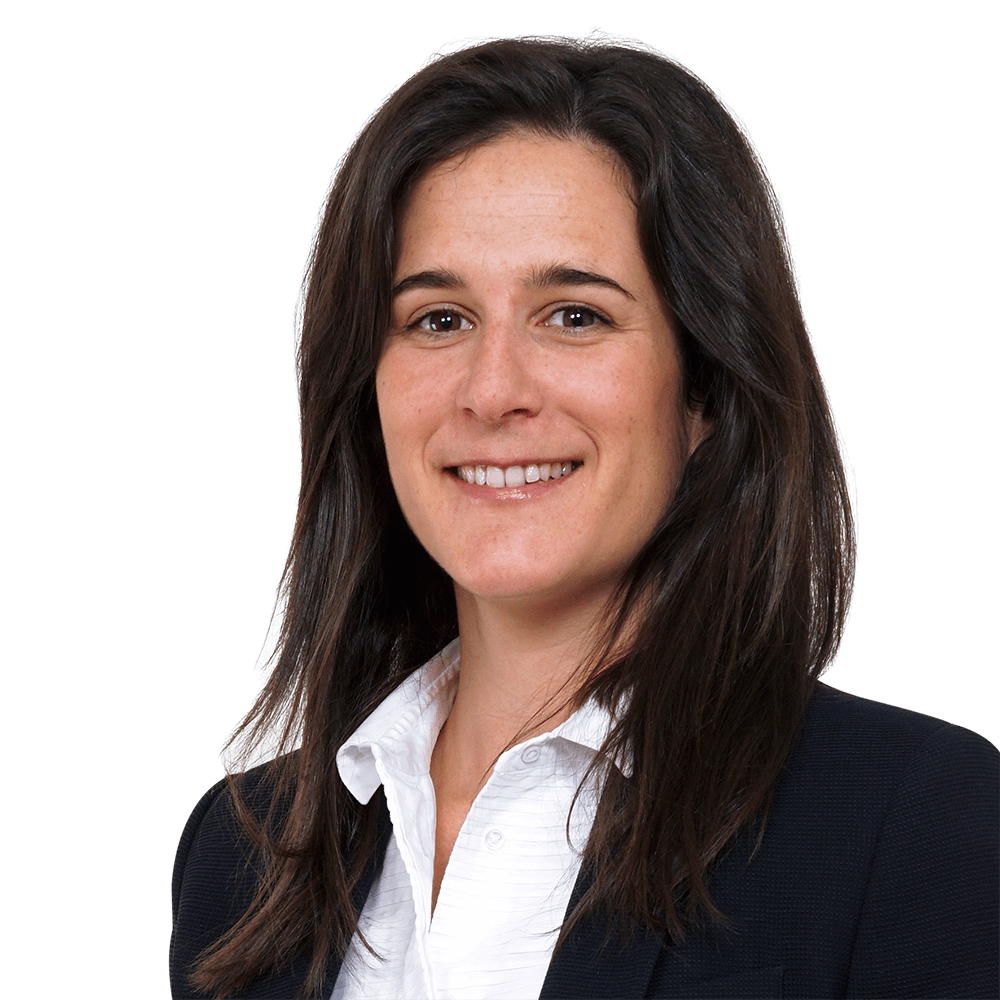Patient support programs: comments on Royal Decree 957/2020
Published on 27th January 2022
Should patient support programs meet the requirements provided for non-interventional studies? Despite its brief regulation, patient support programs sparked debate when being mentioned on Royal Decree 957/2020, of 3 November, on the regulation of non-interventional studies of medicinal products for human use.
Royal Decree 957/2020, of 3 November, on the regulation of non-interventional studies of medicinal products for human use (the "Royal Decree"), came into force just one year ago, abolishing Order SAS/3470/2009.
Despite the rise of patient support programs ("PSPs") in recent years, up-to-date regulation on such programs has been quite scarce.
Within this framework, the Royal Decree has been the first legal text in Spain to mention (twice) the PSPs, defining them as "an organized system where a marketing authorisation holder receives and collects information on individuals related to their use of medicinal products" and including, in Article 3.2, the requirement that PSPs "which provide for the recording of information on the use of medicinal products through planned contacts with patients may be carried out in Spain only in the context of a protocol which includes as its objectives one of those described in Article 2.1.a)".
It has been this last reference (in Article 3.2) which has made it a controversial issue since the drafting of such article as well as some statements issued by the Spanish Medicinal Products and Medical Devices Agency ("AEMPS", for its acronym in Spanish) implied that PSPs should comply with, in any case, the conditions and requirements for non-interventional studies of medicinal products ("Non-IS").
However, certain criteria such as:
(a) the reference in the Royal Decree's explanatory memorandum to the fact that only those PSPs that "meet the criteria to be considered observational studies with medicinal products must be carried out in accordance with the provisions of this Royal Decree";
(b) the fact that Article 3.2 of the Royal Decree does not expressly state that PSPs must comply with the requirements of Non-IS, but only that they must have a protocol; or
(c) that the intention of the legislator has always been to promote research and avoid disguised promotion of medicinal products, so that requiring compliance with the requirements of Non-IS to carry out a PSP would impose an excessive burden;
leads us to defend a different interpretation to the one initially accepted by the AEMPS and to understand that only those PSPs that meet the rest of the criteria to be a Non-IS would have to comply with the same requirements as Non-IS.
We cannot speak of regulation of PSPs as such. However, the Royal Decree's references to this type of programmes are the beginning of a regulatory path that we hope will provide all the agents involved with sufficient legal protection and certainty.





